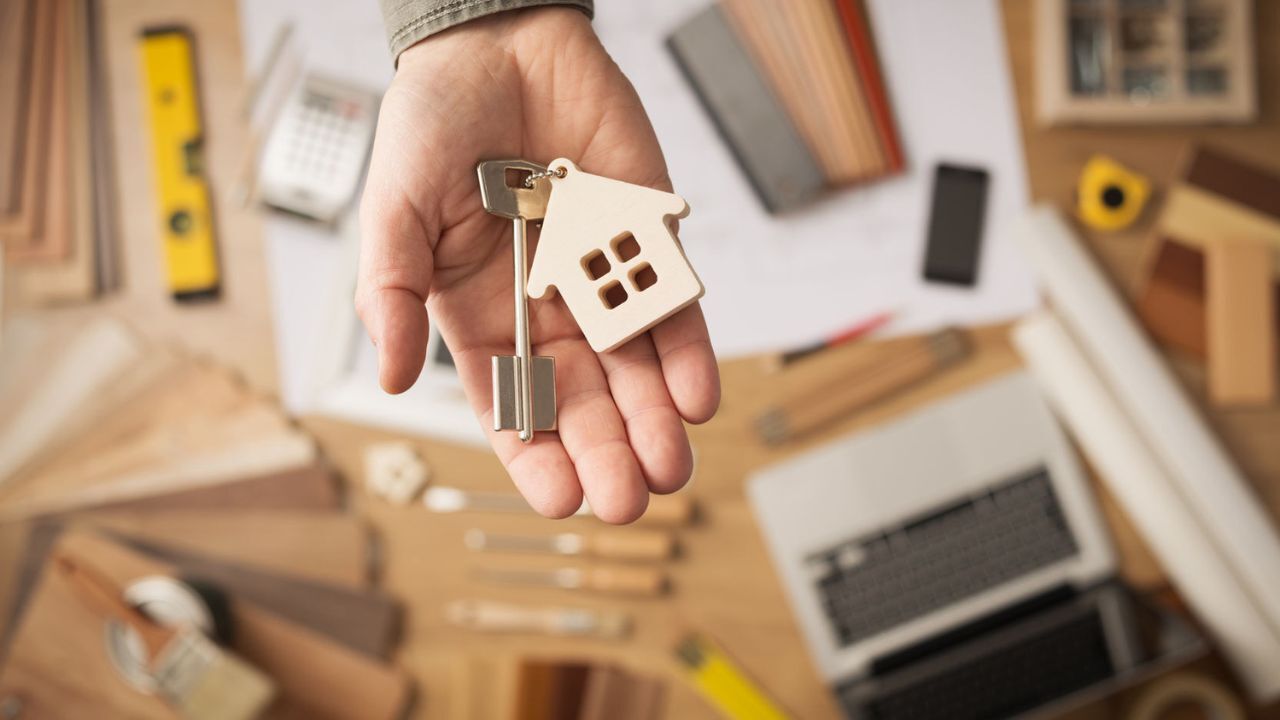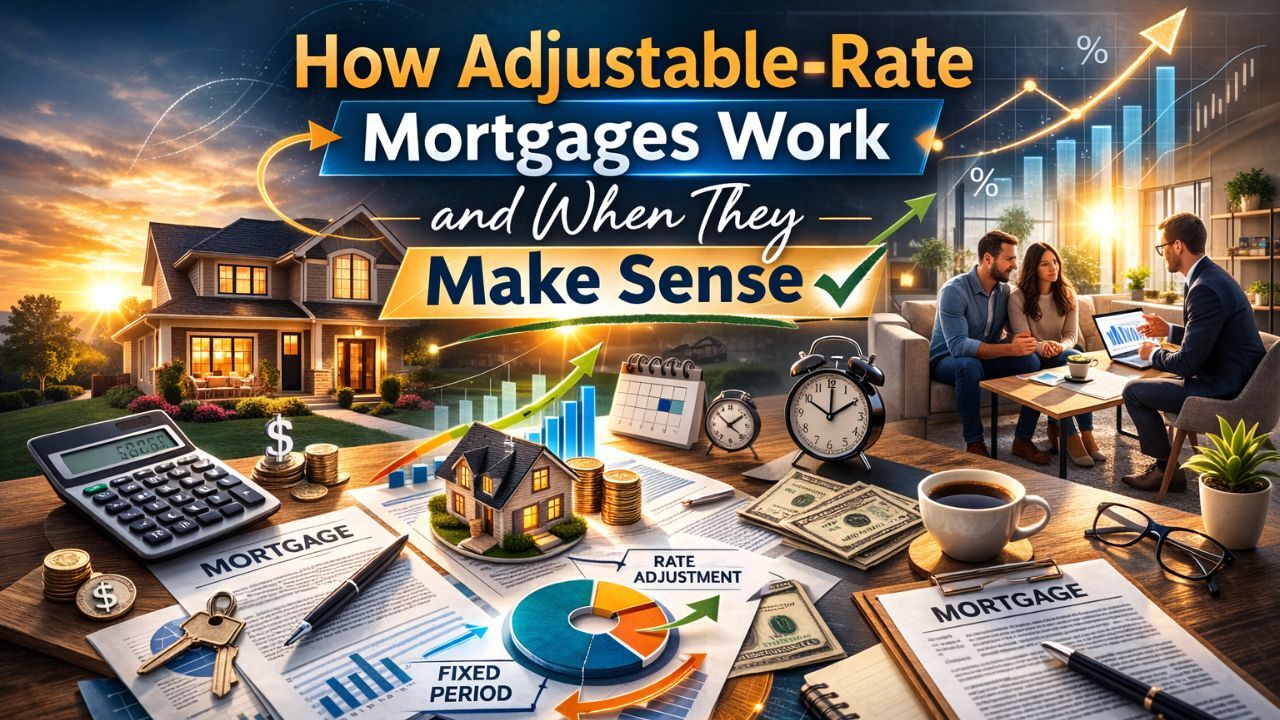 Financial stress does not come only from high payments. It often comes from poor planning, unrealistic expectations, and lack of reserves. A well-chosen home should strengthen financial stability, not weaken it. Designing your approach before you purchase can make ownership feel secure instead of overwhelming. Mortgage decisions should prioritize sustainability over maximum borrowing power.
Financial stress does not come only from high payments. It often comes from poor planning, unrealistic expectations, and lack of reserves. A well-chosen home should strengthen financial stability, not weaken it. Designing your approach before you purchase can make ownership feel secure instead of overwhelming. Mortgage decisions should prioritize sustainability over maximum borrowing power.
Approval Is Not a Target
Being approved for a higher amount does not mean you should spend it. Borrowing at the upper limit leaves little room for unexpected costs. Buyers should identify a payment that allows savings, flexibility, and lifestyle balance. Financial breathing room protects mental well-being.
Maintenance Is Predictable
Every home requires upkeep. Budgeting for maintenance prevents surprises from turning into crises. Setting aside funds monthly for repairs builds resilience and confidence. Ownership feels lighter when problems are manageable.
Emergency Funds Protect Stability
Life changes. Income shifts. Appliances fail. An emergency reserve ensures that homeownership remains empowering instead of stressful. Buyers who plan conservatively often report greater satisfaction in the long term.
A home should serve as a foundation for growth, not a source of anxiety. Strategic borrowing and thoughtful budgeting create lasting stability.
 Adjustable-rate mortgages often create hesitation because borrowers focus on the word adjustable. However, these loans can serve a strategic purpose when aligned with specific financial timelines.
Adjustable-rate mortgages often create hesitation because borrowers focus on the word adjustable. However, these loans can serve a strategic purpose when aligned with specific financial timelines.